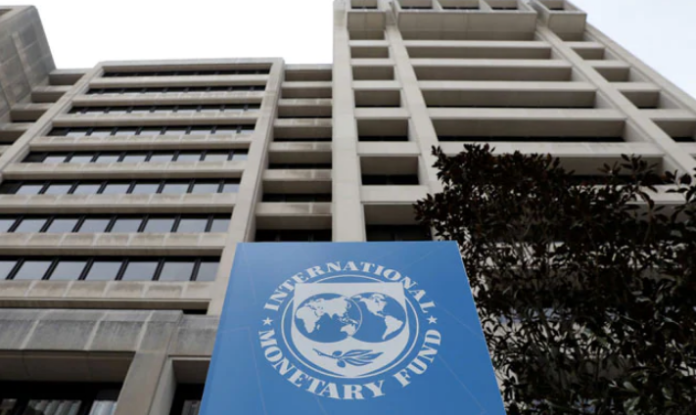From Zeeshan Mirz
KARACHI: Former federal minister and independent candidate for the general seat of the Senate, Faisal Vawda, made significant remarks on Monday, advocating against the politicisation of the International Monetary Fund (IMF) and emphasising the importance of transparency in Pakistan’s electoral processes.
Addressing the media after the scrutiny of his nomination papers at the Election Commission of Pakistan (ECP) Sindh office, Vawda asserted that regardless of political differences, the IMF should not be exploited for political gains. He emphasised that such actions would jeopardize the welfare of millions of people across the country, likening it to playing with the destiny of the nation.
Vawda highlighted longstanding concerns regarding the transparency of elections in Pakistan, spanning over 75 years. As an independent candidate, he reaffirmed his commitment to contesting the elections on merit, asserting that the ultimate decision of victory or defeat rests with the electorate on polling day.
During the interaction with the media, Vawda addressed his independent status, noting that his candidacy is explicitly stated on his nomination form. Vawda emphasised, “I want to make it clear that PPP co-chairman and President of Pakistan, Asif Ali Zardari, has referred to me as ‘like his son,’ and I hold him in high regard. Regardless of the stance taken by the lower leadership of the PPP, it holds no significance to me.”
Responding to inquiries about potential party affiliations, Vawda remarked on the prevalence of independent candidates in the current political landscape of the country. He maintained his stance as an independent candidate, indicating a willingness to consider party membership when the opportune “party season” arrives.
“What difference does it make if the people of the caretaker setup come into the government?” he remarked. He reiterated his stance on the IMF, emphasising the imperative of safeguarding the interests of the populace by preventing its politicisation.




